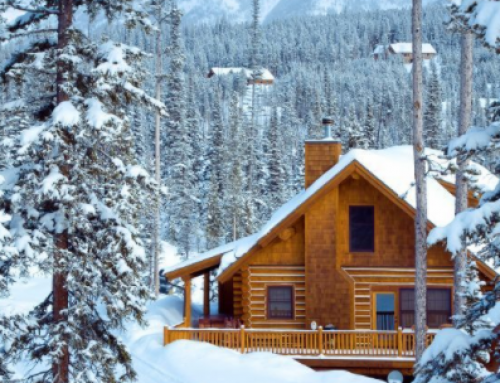Working for a Homeowners Association Management Company, we frequently speak in terms we forget are not as common as we think! Hopefully for those that are newer to the HOA world, the list below can help clear up a few questions you might have had.
State Law
Almost every state has statutes governing Condominium and Homeowner Associations, and Colorado is no exception. In addition, most Associations are subject to the state corporations’ code.
Declaration, Master Deed, or Proprietary Lease and Their Covenants and Restrictions
Planned Communities are created by declarations (also known as master deeds). Cooperatives are created with proprietary leases (also called occupancy agreement). These contain the restrictions that regulate residents’ behavior, they define owner’s rights and obligations, and establish the Association’s responsibilities.
Articles of Incorporation
Most Associations, and all cooperatives, incorporate and have articles of incorporation that define their purposes and powers. They may specify such things as the number of directors and their terms of office.
Bylaws
Bylaws address association operations such as procedures for meetings and elections and specifying the general duties of the Board.
Resolutions—Rules and Regulations
Board members adopt rules and regulations, and sometimes members have to approve them. Rules and regulations are recorded as Board resolutions. Resolutions must be consistent with the declaration or proprietary lease, the bylaws and state law.
Association governing documents are almost always trumped by state law. But, when Association documents conflict among themselves, the declaration or proprietary lease carries the greatest weight, followed by the bylaws and then the rules and regulations.








